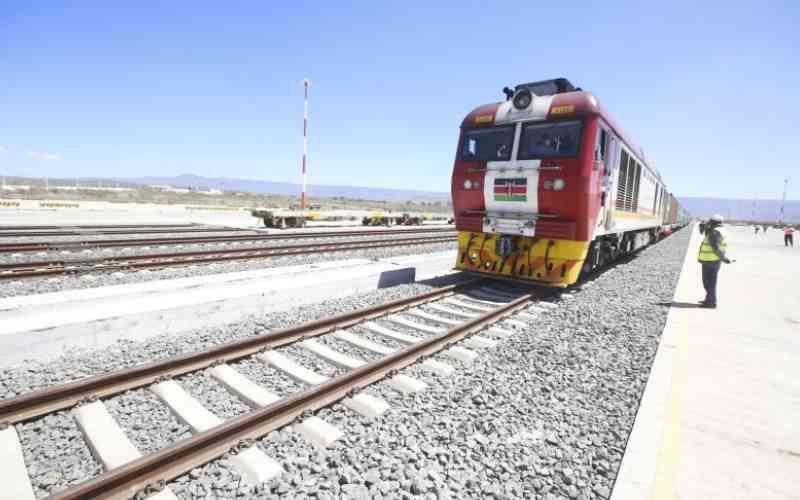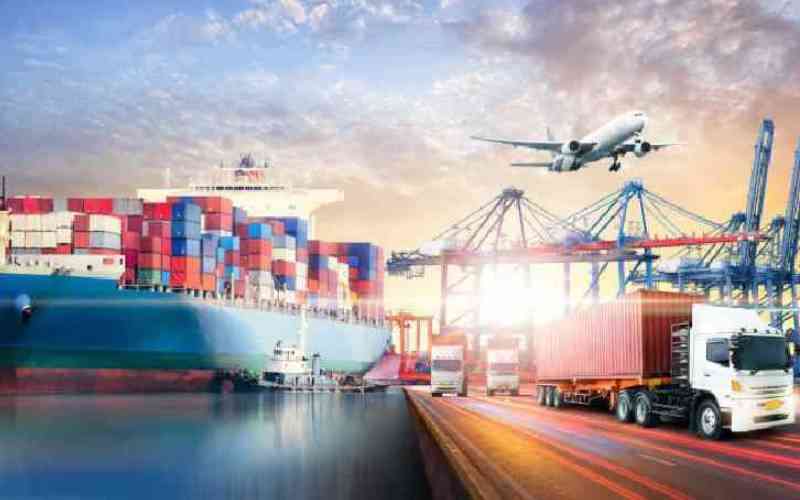×
The Standard e-Paper
Fearless, Trusted News

With a wad of notes in one hand and pointing some curtains to a customer with the other hand clasping an IPhone, businessman Aaden Abdurahim complained of how business was slow.
“Come after 30 minutes and pick your curtains,” he told the customer, almost shouting in an effort to rise above the noise of hundreds of sewing machines.







